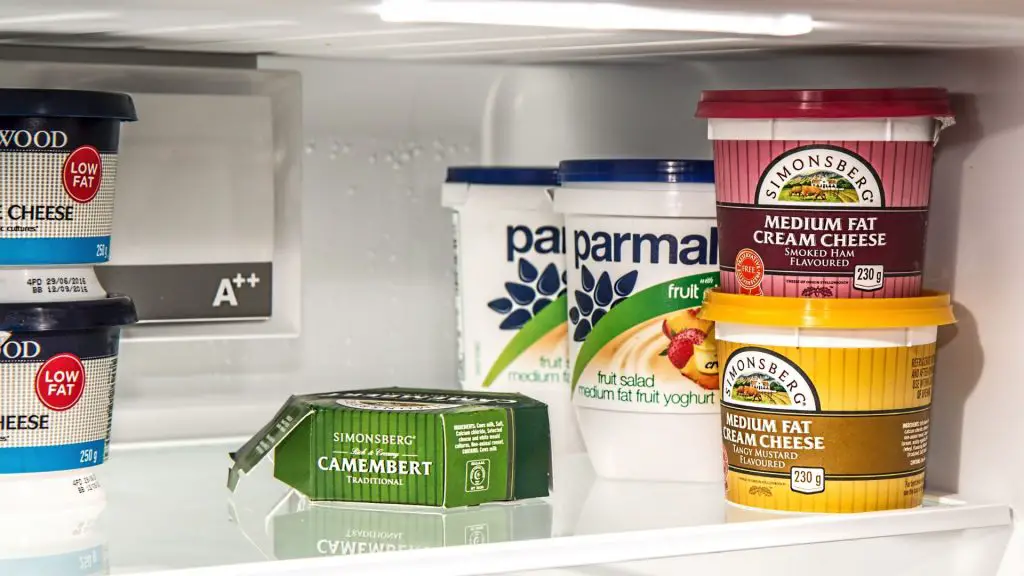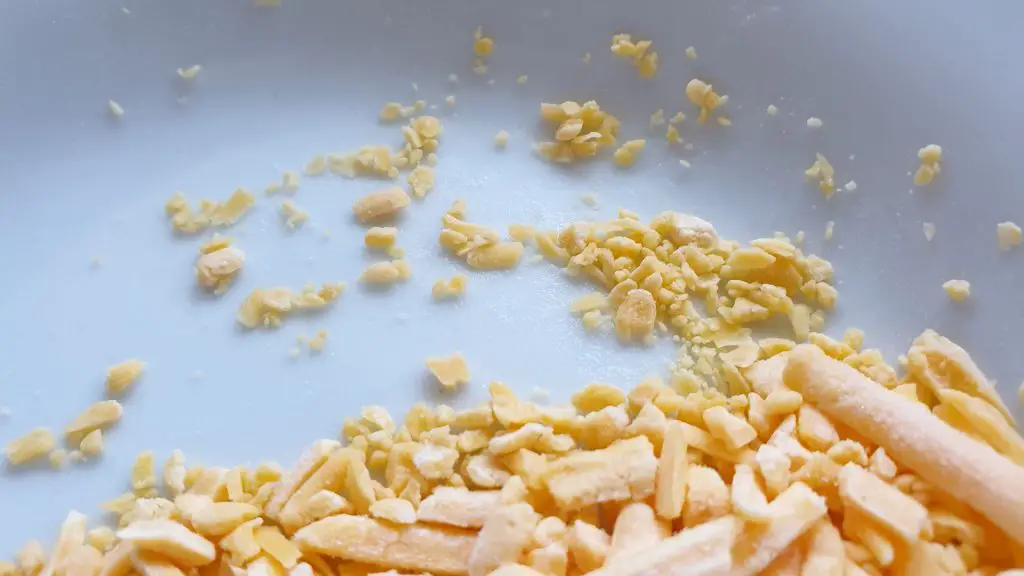Cheese, the king of dairy, is the food that makes even the grumpiest of people smile. But how long can cheese sit out without going bad? Whether you’re hosting a cheese board, preparing a delicious dish, or just snacking, it’s essential to know the ins and outs of cheese storage.
In this article, we’ll explore the shelf life of cheese, the dangers of consuming spoiled cheese, and the best practices for storing cheese to keep it fresh and delicious. So, grab your favorite cheese knife, and dive into the world of cheese because I’m gonna show you what to do if you left unopened cheese out overnight!
How Long Can Sealed Cheese Sit Out?

When it comes to fresh cheese, like mozzarella or feta, it can sit out for up to 2 hours at room temperature. This is plenty of time to enjoy a delicious cheese plate or whip up a delightful dish. But once that time has passed, it’s best to pop it back into the refrigerator to keep it from becoming a breeding ground for bacteria.
Trust us; you don’t want to end up with a cheesy case of food poisoning!
How long does cheese last unrefrigerated?

Soft cheese, like brie, can last up to 4 hours unrefrigerated, which is excellent for those who enjoy their cheese at room temperature.
But how long does cheddar cheese last unrefrigerated? Hard cheese, like cheddar, can last for up to 6 hours unrefrigerated, but again, it’s best to err on caution and refrigerate your cheese promptly to avoid unwanted guests.
How long can shredded cheese sit out?

Shredded cheese is slightly different from other cheeses as it has a higher surface area, making it more susceptible to spoilage. It’s best to keep shredded cheese refrigerated and only take it out for snacking or cooking. Don’t leave your shredded cheese sitting out for too long, or you’ll end up with a cheesy mess!
The dangers of consuming spoiled cheese

Consuming spoiled cheese can lead to a not-so-royal case of food poisoning. Bacteria, like salmonella or listeria, can grow on cheese that’s been left out for too long. Some symptoms of these are:
- Nausea
- Diarrhea
- Vomiting
- Stomach cramps
- High temperature (38C or above)
- Feeling generally unwell (such as feeling tired or having aches and chills)
Note: Symptoms usually start within a few days of eating contaminated food.
Find more info here *also, my source of information regarding the symptoms of food poisoning https://www.nhsinform.scot/illnesses-and-conditions/infections-and-poisoning/food-poisoning
Best Practices For Serving Cheese At Room Temperature

If you’re serving cheese at room temperature, keeping it consistent and serving it within a short timeframe is essential. You don’t want to create a cheese board that’s a breeding ground for bacteria! Set out your cheese for a short time, about 30-45 minutes, to ensure it stays fresh and delicious.
Should I store cheese in a refrigerator? And if so, why?

Storing cheese in the refrigerator is important for several reasons, reasons such as:
- Freshness and quality: Refrigerating cheese helps slow the aging process, preserving its freshness and quality for longer.
- Reduced risk of spoilage: Bacteria and mold are the leading causes of spoilage in cheese. By storing cheese in the refrigerator, the growth of these microorganisms is slowed down, reducing the risk of spoilage. This helps extend the cheese’s shelf life and ensures it remains safe to eat.
- Flavor preservation: Cheese has a complex flavor profile influenced by many factors, including temperature. Refrigerating cheese helps to keep its flavor intact and prevents it from tasting rancid or sour.
Overall, storing cheese in the refrigerator is a simple and effective way to ensure its freshness, quality, and taste. It is the best way to prevent spoilage and keep bacteria at bay, helping you to enjoy your cheese for longer.
Tips For Keeping Cheese Fresh In The Refrigerator

As cheese is a perishable food item, it’s essential to store it properly to ensure it stays fresh and delicious for as long as possible. Here are some tips to help keep your cheese in top shape:
- Wrap cheese in wax or parchment paper: This helps to prevent the cheese from drying out and absorbing unwanted flavors from other foods in the fridge.
- Store cheese in an airtight container: This helps to maintain the cheese’s moisture levels and prevent it from getting contaminated by bacteria or other unwanted substances.
- Keep cheese away from strong-smelling foods: Cheese is porous and can easily absorb the flavors and odors of other foods in the fridge. To avoid cross-contamination, store cheese in a separate refrigerator section or a container with a tight-fitting lid.
How To Thaw Frozen Cheese

If you’ve frozen cheese to extend its shelf life, you’ll need to properly thaw it before using it. Here’s how:
Remove the cheese from the freezer and place it in the refrigerator: This will allow the cheese to thaw slowly and prevent the development of bacteria or other unwanted substances.
Microwave the cheese: If you need it to thaw more quickly, you can microwave it on the defrost setting. Be sure to stir the cheese occasionally to ensure it melts evenly.
How to Preserve the Flavor and Texture of Cheese

Cheese can be a delicate food item, and it’s essential to handle it properly to ensure it retains its flavor and texture. Here are some tips to help you preserve the quality of your cheese:
Store cheese at the proper temperature: Cheese should be stored in the refrigerator between 33°F and 40°F (0.5°C/-1.1°C). Storing cheese at warmer temperatures can cause it to spoil more quickly.
Don’t freeze the cheese for extended periods: Freezing it for longer than a month or two can cause it to lose its flavor and texture. If you need to freeze cheese, wrap it tightly in plastic or freezer paper to prevent freezer burn.
Use cheese within its shelf life: Cheese has a limited shelf life, and it’s essential to use it before it spoils. To avoid waste, check the expiration date on the cheese package before using it.
Conclusion

“I left unopened cheese out overnight; now what?!”
I hope I have answered this question for you and that you are aware of how to properly store cheese and be able to tell whether it’s safe to eat or not.
Cheese is a versatile and delicious food that can add flavor to your diet. By storing it properly and handling it carefully, you can ensure that your cheese stays fresh and delicious for as long as possible. Whether you’re storing cheddar, mozzarella, or any other type of cheese, these tips will help you keep your cheese in top shape and ready to enjoy.
